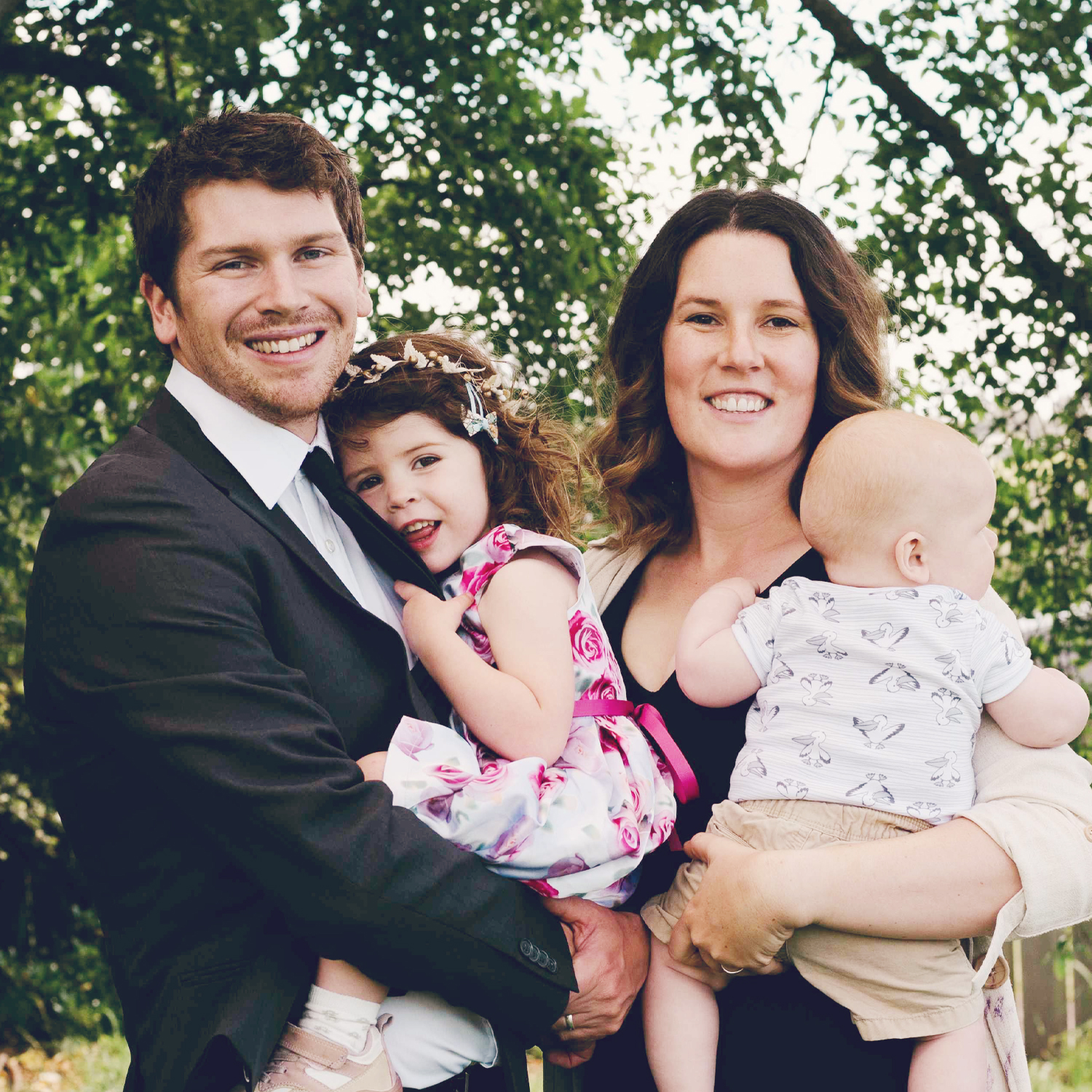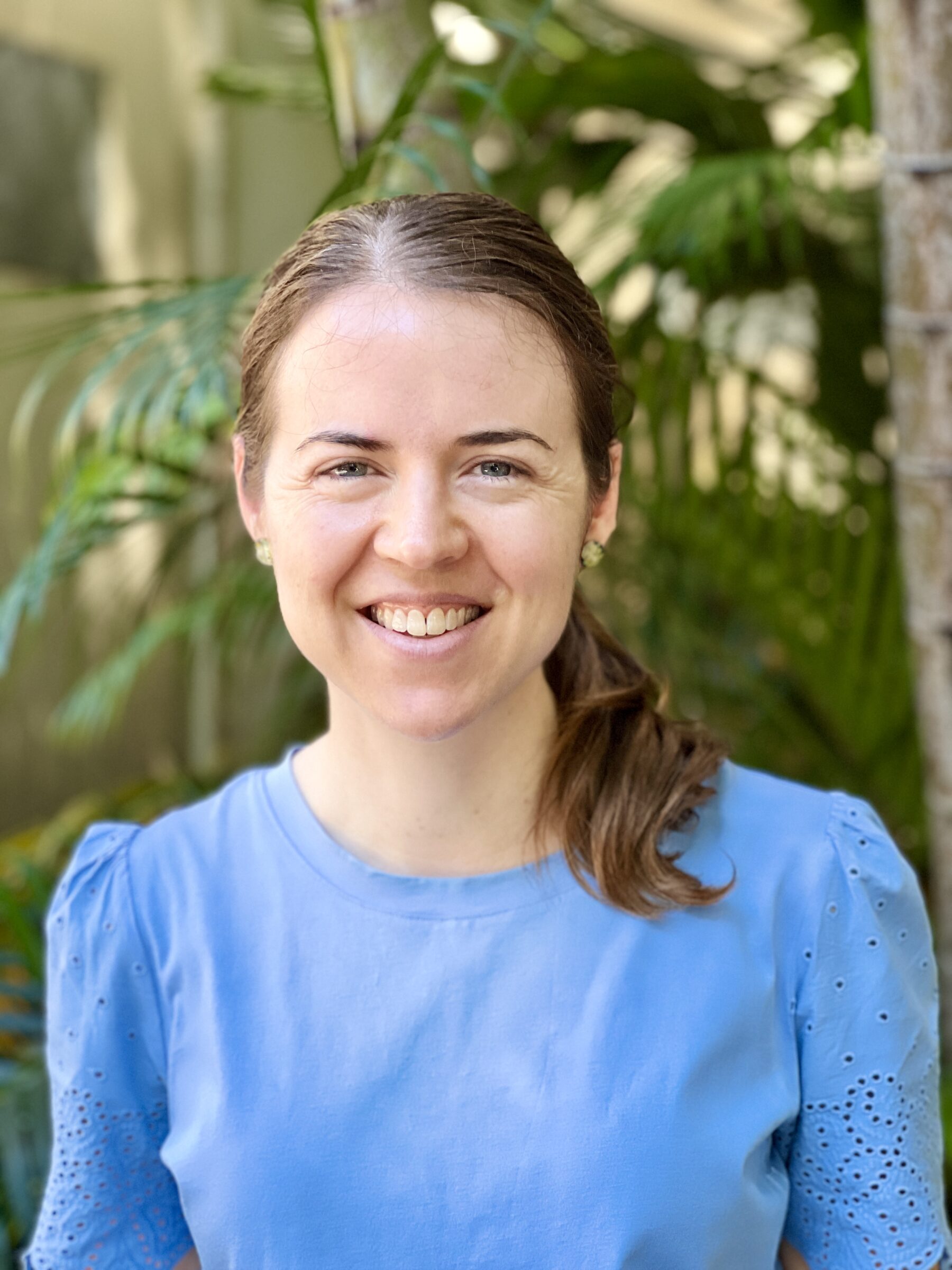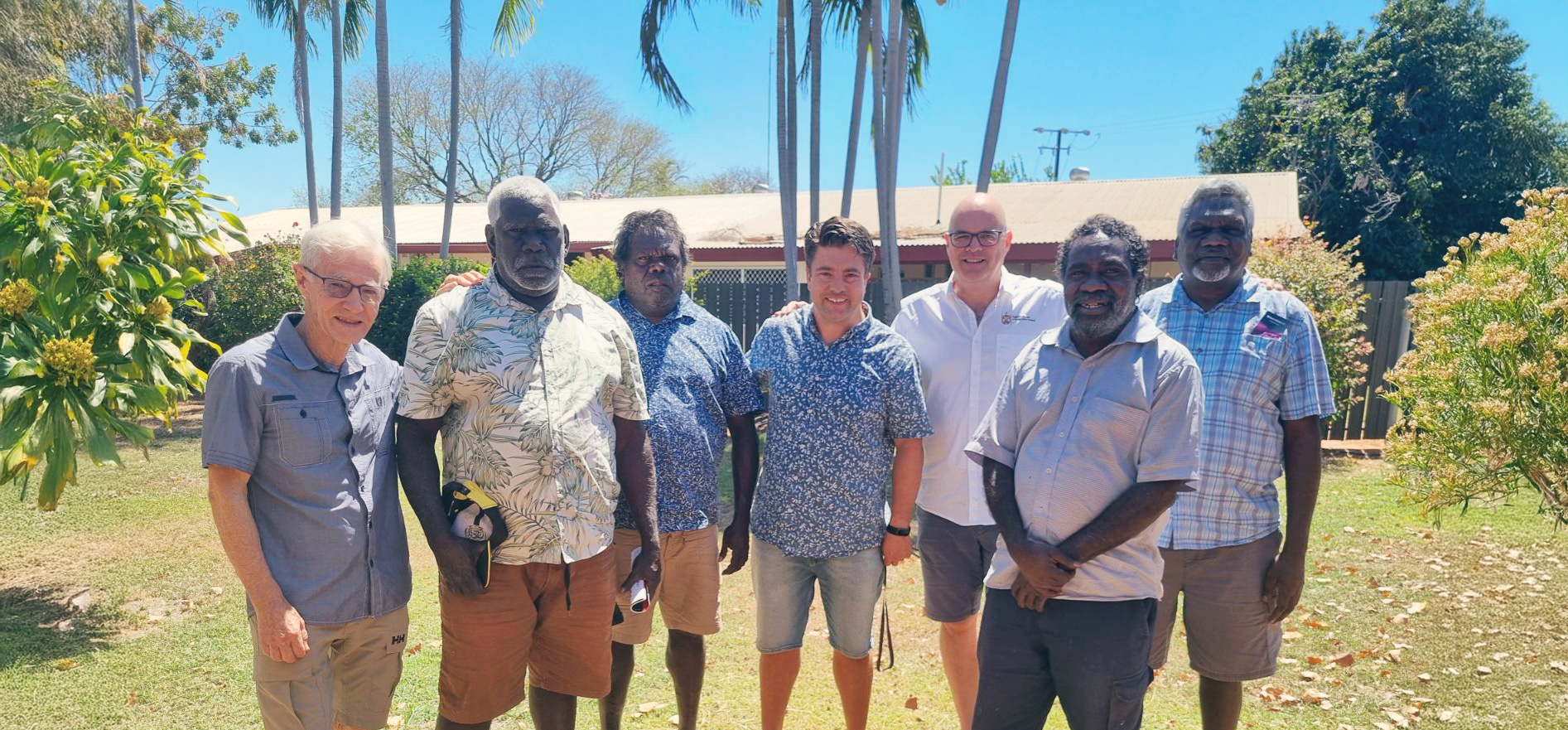The Age of Authenticity
Here is the fourth in a series of six on ‘pleasure, pain, and the secular worldview’, CMS Director of Training and Development David Williams talks about how ‘pain pleasure culture is the world of expressive individualism’. Part one, Emotions and the Fall’, is here. Part two, ‘Life under the dome’, is here. Part three ‘Shrink-wrapped minds’ is here. Watch for the next instalment in the near future.
In these articles I’ve argued that Western societies are becoming pain-pleasure cultures. Our culture is increasingly making its decisions based on what will bring us pleasure and avoid pain. We have created a double separation between us and God—we live under a dome with shrink-wrapped minds. The dome excludes God from day to day life. Then we shrink-wrap our minds by locating meaning inside our heads and isolating ourselves from the world around us. We pursue our own flourishing in the age of authenticity. In this article we’ll dig deeper in Charles Taylor’s understanding of secularism.[1]
Taylor uses the word secular in three different ways. But these three different meanings are related to each other. Essentially, he is saying that secularism started off meaning one thing, then came to mean a second thing and now means a third thing. His book is really all about the third kind of secularism, which has grown out of the first two. He calls these secular 1, 2 and 3.
Secular 1, 2, and 3
Secular1 goes back to the days before the Reformation. The world was understood to be divided between two spheres or two planes of life, the sacred and the secular. The secular meant “the earthly plane of domestic life”[2] in which the butcher and baker operated. Priests and nuns inhabited the sacred world, dealing with God-stuff. So, the world was divided between the sacred and the secular, between God stuff and ordinary stuff, between God time and normal time. Secular1 existed happily alongside the sacred.
Secular2 is a later understanding of the word secular, meaning without any reference to religion and therefore “neutral, unbiased and objective.”[3] A secular state is one in which religion does not interfere with the public square – the USA constitution and the French concept of laïcité are examples. Secular2 is separate from religion but not necessarily or automatically hostile to religion, although it diminishes the importance of religion.
Secular3 is the focus of Taylor’s book. He is using the word secular to mean the conditions that allow belief to be contested and unbelief (in God) to be normative. He observes that in 1500AD, pretty much everyone believed in God; today, in the West, many people don’t. How has that change taken place? How is it possible for people to believe what they like, including not believing in God? He is asking how did we “move from a society where belief in God is unchallenged and indeed, unproblematic, to one in which it is understood to be one option among others, and frequently not the easiest to embrace”[4] Secular3 is the worldview of Western societies, where religious belief is optional and contested.
In the pre-modern world of secular1, the sacred and secular lived alongside each other. Priests and nuns lived in sacred time and did sacred things. Butchers and bakers lived in secular time and did secular things. One of the big things that the Reformers were saying was to critique this sacred / secular divide. They argued that God is present and interested in everything. He is as interested in the baking of the Baker as he is in the praying of the Priest. All time is God’s time, and He is engaged in all of human life.
But this conviction creates a tension. It is hard for most human beings to live all of life with God fully engaged. You can try to live with God fully engaged in all of your life – this is what the Puritans were trying to do. But the easier option is to live with God not at all engaged in your life. So “you stop being burdened by what eternity/salvation demands and simply frame ultimate flourishing within this world.”[5] As a consequence of this, the human project stops being about living for God and becomes about living for our own flourishing.
Expressing my individuality
Taylor argues that in the 21st Century, the way I live in the secular age is all about expressing my individuality. Life is about being authentic to the person that I am. We live in the Age of Authenticity. Taylor does not mean that we should be authentic to some external standard of conformity. Rather, authenticity is about “each of us having our own way of realizing our humanity, and that it is important to find and live out one’s own [way], as against surrendering to conformity with a model imposed on us from outside, by society, or the previous generation, or religious or political authority.”[6]
Living in the age of authenticity is therefore all about expressing my individualism in order that I might flourish. The focus of life is on human flourishing under the dome. The possibility of personal transformation through engagement with the transcendent is not in view. Taylor contrasts human flourishing, a secular3 project, with transformation, a Christian project.
The pain pleasure culture is therefore the world of expressive individualism. The core values of expressive individualism underpin much of Western culture. Mark Sayers identifies these core values as:
- My freedom and happiness is the greatest good
- Anything that restricts my freedom and happiness must be removed.
- The world will get better as individual freedom grows. Technology will help.
- Society must tolerate my self-expression; intolerance is a terrible evil.
- Humans are inherently good.
- Big institutions are suspicious at best and evil at worst.
- Beware external authority; embrace personal authenticity.[7]
I was watching a documentary about marriage a while back. A young woman was planning her wedding, which was clearly going to cost tens of thousands of dollars. She was asked by the interviewer why she was getting married. She replied quite openly and unselfconsciously: “I just want one day where it is all about me.” That’s the pain pleasure world.
As Christians, we are bombarded with this messaging. Every advert we watch on TV tells the same story: that the purpose of life is about finding my significance under the dome. I will find my happiness as I’m authentic to myself, expressing my individualism. That’s the lie that has been sold to the young bride who just wants a day that is all about her. She’s been told that her life will have meaning and purpose if she can express herself as a unique individual. So she’s trying to design the perfect wedding day that is uniquely her, that is authentic to who she is. Once it’s over she will wonder if it was all worth it.
[1] Taylor, A Secular Age.
[2] Smith, How (Not) to be Secular: Reading Charles Taylor, 142.
[3] Smith, How (Not) to be Secular: Reading Charles Taylor, 142.
[4] Taylor, A Secular Age, 3.
[5] Smith, How (Not) to be Secular: Reading Charles Taylor, 33.
[6] Taylor, A Secular Age, 475.
[7] Adapted from Mark Sayers, Disappearing Church: From Cultural Relevance to Gospel Resilience (Chicago, IL: Moody Publishers, 2016), 17.













































































































